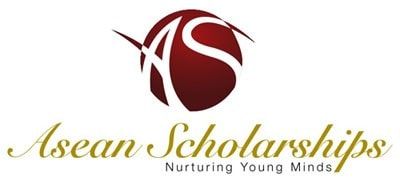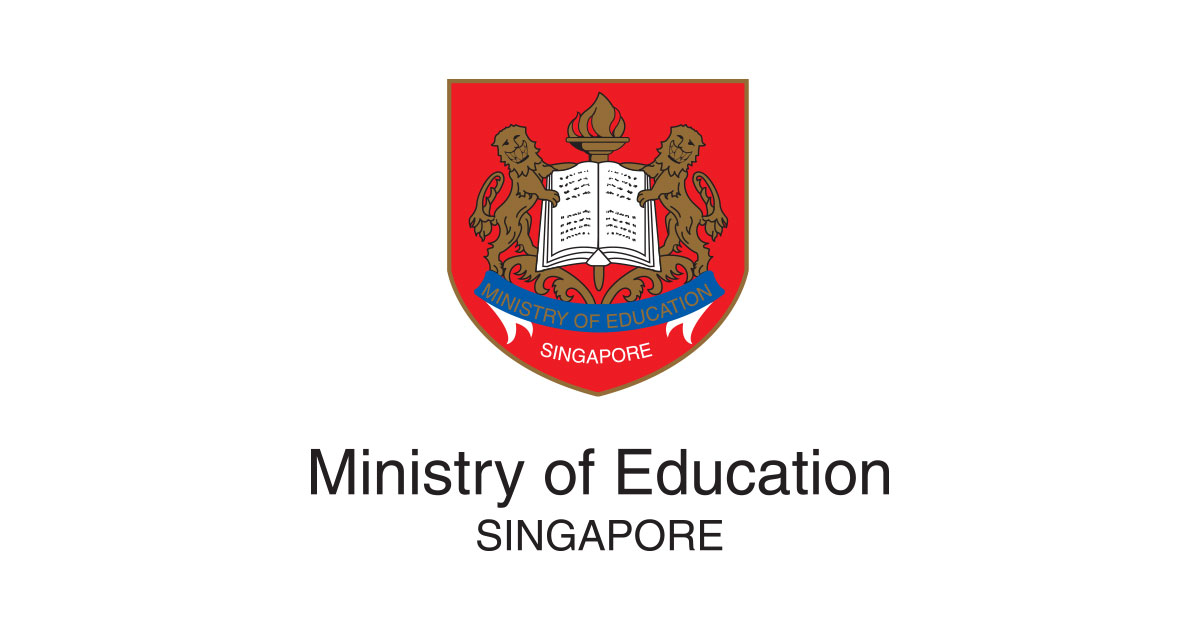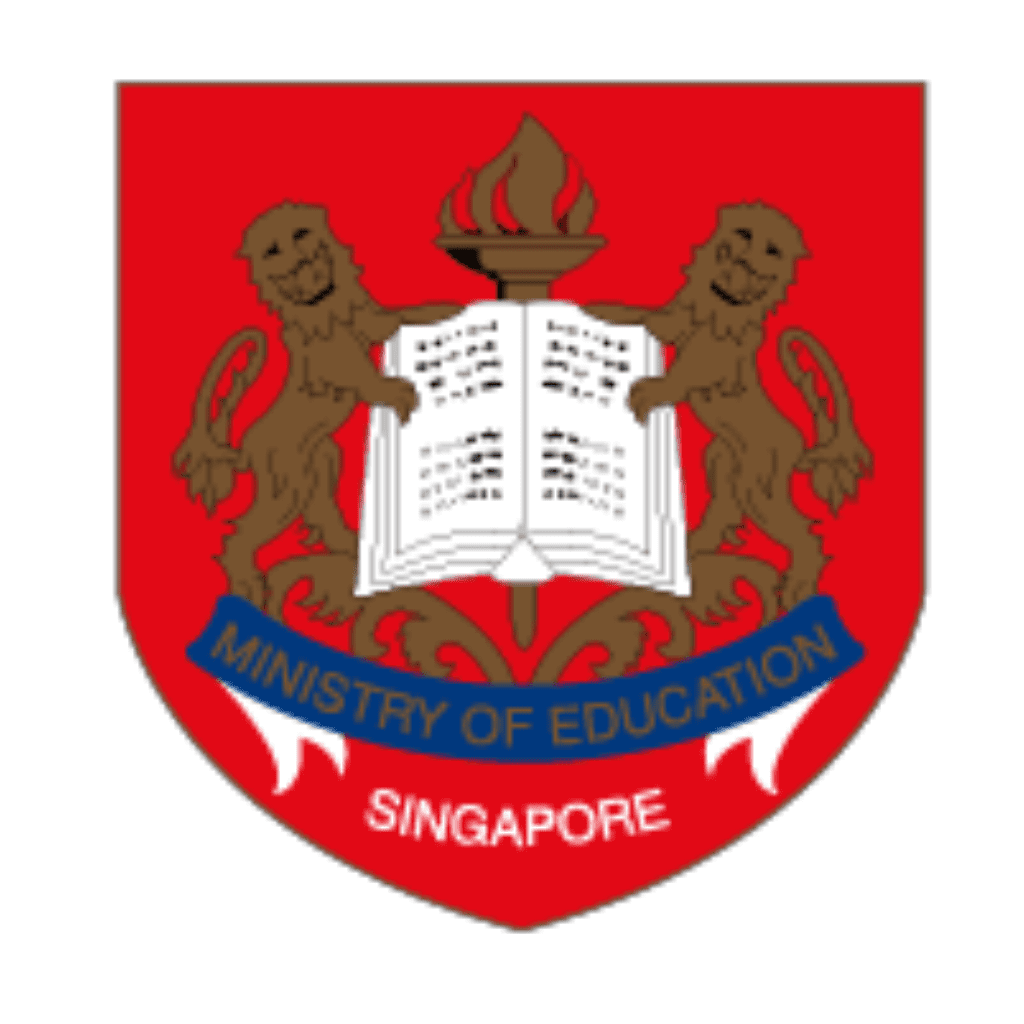How to prepare for Singapore MOE ASEAN Scholarship application

8 years ago, the Singapore Ministry of Education (MOE) has offered me the opportunity to study in Singapore as one of the 4 ASEAN scholars (Myanmar) of AY2015 batch, which marked the start of my hyper-growth journey. I am also especially grateful that my younger sister was also one of the 5 ASEAN scholars of AY2019 under the same ASEAN scholarship program. In this post, I would like to share how my sister and I have prepared for the scholarship, and some tips that I believe have helped both of us get this scholarship.
What is ASEAN scholarship?
In short, it is a bond-free full scholarship for secondary school students from ASEAN countries to study in Singapore for 4 years : Secondary 3-4 and Junior College 1-2. The number of scholars selected in each country varies but the largest number of ASEAN scholars come from Malaysia, Indonesia and Vietnam. Every year, around 4-5 scholars from Myanmar are selected.
Here is the official website for ASEAN scholarships :

Who are eligible?
- Typically secondary school students aged 14-16 who has completed Secondary 2 equivalent (Please refer to the criteria listed on official website for the respective countries for exact requirements about age and school level)
- Are proficient in English
- Have done consistently well in school examinations
- Have a good record of participation in co-curricular activities
What are the scholarship benefits?
The scholarship covers:
- Annual allowance with hostel accommodation
- Settling-in allowance
- Return economy airfare
- School fees
- Examination fees for GCE O-Level and A-Level (once only, as applicable)
- Subsidised medical benefits and insurance cover for accidents
What are the assessments?
Stage 1 - Application Screening
You are required to submit the application online where you fill in your personal particulars, educational history, examination results for the past 2 years, family members' particulars, outstanding academic achievements and a list of extracurricular activities from the past 3 years.
To pass the application screening round, you should align your application very closely to the criteria stated on the website. Often, what helps your profile stand out among the rest of applicants lies in these 3 areas :
- Extracurricular activities - These are activities you do, outside of studying in school and doing well in exams. There are a wide range of activities that can be considered as your extracurriculars: sports, choir, community service / volunteering, leadership positions in your school clubs or projects outside of school, starting a new youth-initiated project , an online business, social media content creation, etc. It could be your participation in something that interests you, but even better if you can show some achievement or impact you had in that activity. Both my sister and I included 1-2 activities from these categories : sports, community service, and leadership.
- International Olympiads & Competition awards - Winning medals in International Math/ English/ Science Olympiads are one of the best ways to demonstrate academic achievement. While I only included competition awards in my application, my younger sister started preparing for Olympiad competitions since secondary 1 and was able to include a number of Gold and Silver prizes in various Olympiads. These are the international Maths competitions that my sister took part in : Singapore and Asian Schools Math Olympiad (SASMO), International Kangaroo Maths Olympiad, American Maths Olympiad, SEA Math Olympiad (SEAMO).
- (Not necessary, but a differentiator) Biodata/ CV - If you want to go an extra mile, you can create a Biodata/CV format document like what we did, which is completely optional. We submitted a document summarising our educational journey, details of our academic & non-academic achievements, interest areas and our goals/ambitions for the future. This document is also an avenue for you to demonstrate your communication skills in English. As there was no option to attach a document in the application form, we submitted this document via email and also shipped it overseas, together with the rest of the physical certificates we had to submit.
Stage 2 - Written Assessment
If you passed the application screening round and are shortlisted, you will be invited to sit for 3 papers in the selection test - General Ability, Mathematics test and English test. The tests were held in Yangon for both my sister and I, and took up an entire day from 8:00am to 5:00pm.
Click on each test below for more details and preparation tips :
General Ability - 20 minutes
This paper is an IQ test essentially with 60 pattern recognition questions that has to be completed within 20 minutes.
It provides a few images and you are given a set of A,B,C,D, E choices where you have to choose an image that best follows the pattern.
The patterns were easier to identify at the start and gets more and more complex towards the end. The key for this test is to do the first half of the questions as fast as possible (< half the time provided), and avoid getting stuck in any question. If you are not able to get the answer immediately, you should move on to the next question and come back if you have extra time. It would be helpful to keep a watch in front of you to keep track of the time passed and to gauge your progress.
Here are some online resources you can use to practise pattern recognition questions & other IQ tests :
- Search on Google "free pattern recognition IQ tests" like this : https://www.intelligencetest.com/questions/pattern-recognition/index.html
- Watch Youtube videos like these : https://www.youtube.com/watch?v=vDWZBjfDGcE, https://www.youtube.com/watch?v=iEWp_83UUXw, https://www.youtube.com/watch?v=EeNswK1yyxI
- Mensa IQ challenge https://www.mensa.org/public/mensa-iq-challenge
- IQ test books
- Practise on the go by playing brain games on apps like Elevate, Peak
English Test - ~2.5 hours
The first paper was about 2 hours long and covers vocabulary, grammar error, fill in the banks with correct words, and comprehension. This was followed by a 30 minutes essay paper where we were given two questions and asked to choose one.
First Paper
For grammar error and comprehension, you can practise Secondary 1 and 2 Singapore school exam papers (can be downloaded for free on websites like : https://smiletutor.sg/free-test-papers-download/secondary-school-exam-papers/).
For vocabulary and fill in the blank questions, I found it helpful to buy books on "Cloze" practices and bought most of the books here - https://www.eph.com.sg/books/secondary/secondary-english - for my sister.
Essay Paper
As for the essay questions, there has consistently been two types of questions across the years based on my observation. The first type is personal expository/reflective essay where you are asked to elaborate a personal opinion or experience. Some past questions that I gathered from past ASEAN scholars are - "Write about your hopes and dreams for the future", "Write about a hard decision you had to make".
The second type of question is narrative (story-style) essay where you are given a phrase and asked to continue the story using the phrase (eg. I entered the room when ..."). To create a good story line for this type of essay, it is recommended to set a story arc in your essay, which you can learn in this video (https://www.youtube.com/watch?v=9Yd91PBFAsc&t=832s). Using descriptive adjectives and adverbs, and adding some dialogues also can make the story more interesting.
For either type of essay, there is a word limit that you cannot exceed (at most 150 words if I remember correctly). You must write within that limit because the assessors might not read the excess words and it will be a waste if the best part of your essay comes after the word count limit. What I did in my time was to count the number of words I can fit in one line given my handwriting and set the number of lines I can write even before I start writing. Then I planned the content of my essay accordingly to fit in only that space.
Maths - 1.5 hours
For the Math paper, there was a mix of easy and challenging questions, but the biggest challenge was time management. I recall many of my batch applicants could not finish the paper. I managed to complete most of the paper and only left out about 3 particularly challenging questions which I skipped to complete the easier questions at the back. So the principle I would suggest is the same as General Ability paper - to skip questions that you need more time to think, finish as many questions as possible and come back to the harder questions.
The topics tested included - quadratic equations, inequalities, mensuration, trigonometry, logarithm, probability, algebra, direct and inverse proportion, simultaneous equations, coordinate geometry, and indices and surds - generally Secondary 2 level Maths.
To prepare for Maths paper, I would also recommend you to attempt the Secondary 2 and 3 exam papers from the same link I shared above (https://smiletutor.sg/free-test-papers-download/secondary-school-exam-papers/).
Stage 3 - Physical Interview
The final stage is a face-to-face interview with either a school principal or a MOE officer in Yangon. My interview took about 30 minutes while some of my friends took about 15-20 minutes. Generally, they asked questions based on your academic and extracurricular activities you mentioned in the application form. If you chose to write a personal reflective essay in the English paper, they might also ask follow up questions to understand you better. The interviewers are mainly interested in finding out if you can fit into the rigorous education system in Singapore, international scholars and local community as well as the independent life of a scholar so you should demonstrate the qualities you need (resilience, open-mindedness, good communication, curiosity, independence, etc.) in your responses.
If you are applying for ASEAN scholarship this year...
You only have a few months to prepare so you should start gathering certificates for your extracurricular activities, endorsement/ recommendation letters from your school teachers/ principals, and start practising for the assessment tests using the resources above or those you can find on Google. Even if you were not shortlisted, these preparations will be useful to you if you ever apply for other overseas educational opportunities.
If you are applying in future years...
I would suggest you to take at least 6 months to prepare for your application profile. Study for Olympiad competitions (yes, they can be studied and trained!) using materials online or attending trainings. Look for volunteering opportunities in a cause you are interested in. Gather with a group of friends and start a new project/ initiative. Alongside this preparation, it is never too early to start training for Maths and more importantly English because these are skills that take time to master.
Final Thoughts...
The ASEAN scholarship is one of the rare programmes offered at the secondary level and is an amazing highly-recognised programme that comes with proper support from Singapore MOE and a multitude of opportunities to learn and grow from a diverse community of international friends.
And it's completely bond-free! This is the programme that greatly benefitted both my sister and I, and I would be very happy to help future batches of juniors benefit from this programme too!
I hope this guide was useful in helping you better prepare for the selection tests. I will be writing my experiences as an ASEAN scholar some time in June 2023.
Credits
To my fellow ASEAN scholar juniors and friends, my sister Berry Yang and my parents for sharing what they can recall from their application processes.
